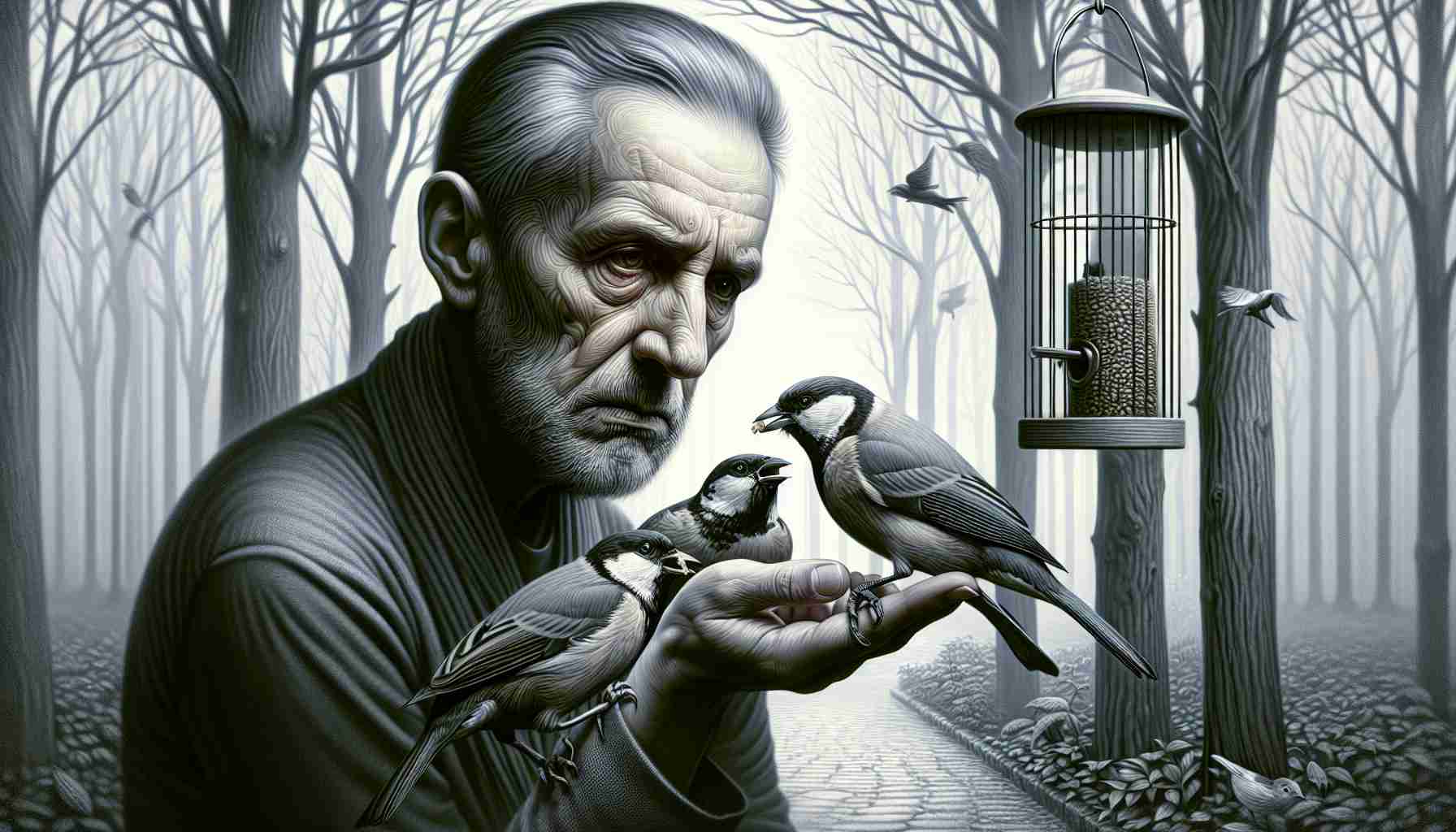When winter arrives, people often rush to feed wild birds, believing it’s an act of kindness. However, recent insights reveal that these well-intentioned efforts might not always be beneficial. Birds have adapted to survive harsh winter conditions, often finding their own food despite the snow and cold.
James Jean-Baptiste, an ornithologist, points out that while snowfall can inhibit birds from foraging for food, consistent feeding throughout winter is not advisable. Birds possess natural instincts to locate food, and many species play essential roles in maintaining ecological balance. For instance, insect-eating birds manage pest populations, while seed-consuming birds aid in plant spread.
Moreover, feeding birds artificial diets may lead to nutritional issues. Many store-bought seed mixes lack diversity, causing birds to over-rely on their preferred seeds, which can negatively impact their health and reproductive success. Additionally, low-quality ingredients in commercial feeds might be harmful.
Instead of providing regular bird feed, consider creating a natural habitat in your garden. Planting diverse native shrubs, allowing ivy to flourish, or leaving fallen fruits can enhance the ecosystem and offer birds natural food sources. This approach fosters a healthy environment for both birds and beneficial insects.
Ultimately, supporting wild birds involves understanding their needs and respecting their natural behaviors. By promoting a bird-friendly habitat, we enable birds to thrive without the pitfalls of artificial feeding.
The Hidden Truth About Feeding Birds in Winter: What You Need to Know!
Understanding the Impacts of Feeding Birds in Winter
During winter, many individuals feel compelled to feed wild birds, believing that providing food is an act of kindness. However, recent research highlights that this practice may not be as beneficial as it seems. Wild birds have evolved to withstand harsh winter conditions, often finding their own food sources despite challenges like snow and cold temperatures.
The Role of Natural Instincts
According to ornithologist James Jean-Baptiste, birds possess remarkable instincts that enable them to locate food. While heavy snowfall can momentarily restrict access to natural food sources, consistent human feeding can disrupt their natural foraging behaviors. It’s crucial to remember that many bird species play vital roles in the ecosystem. For example, insectivorous birds help control pest populations, while seed-eating birds facilitate plant dispersal.
Nutritional Concerns of Artificial Diets
Feeding commercial bird seed mixes can lead to nutritional deficiencies. Many of these products lack the necessary variety, causing birds to become overly reliant on their favored seeds. This dietary imbalance can detrimentally affect their health, including reproductive success. Additionally, low-quality ingredients in some bird feeds may pose health risks.
Creating a Sustainable Bird Habitat
Instead of relying on store-bought bird feeds, a more beneficial approach is to create a natural habitat in your yard. Here are several tips to promote a bird-friendly environment:
1. Plant Native Shrubs: Incorporate a variety of native plants that provide natural food sources.
2. Encourage Ivy Growth: Allow ivy and other natural ground cover to thrive, as they can offer shelter and forage.
3. Leave Fallen Fruits: Not picking up fallen fruits allows birds to access a natural food source.
By enhancing the ecosystem in your garden, you not only provide birds with sustainable food options but also support beneficial insects.
Pros and Cons of Feeding Wild Birds
Pros:
– Provides immediate food sources in severe weather.
– Can help birdwatchers enjoy avian visitors and engage in conservation efforts.
Cons:
– Disrupts natural foraging behaviors.
– Commercial feeds may lead to health issues.
– Inconsistent feeding can create dependency.
Conclusion: Supporting Wild Birds Responsibly
Supporting wild birds requires a nuanced understanding of their natural behaviors and needs. By creating a bird-friendly habitat and respecting their instincts, we can help them thrive naturally without introducing the pitfalls associated with artificial feeding.
For more insights on bird conservation, explore resources on local ecology at Audubon Society.
